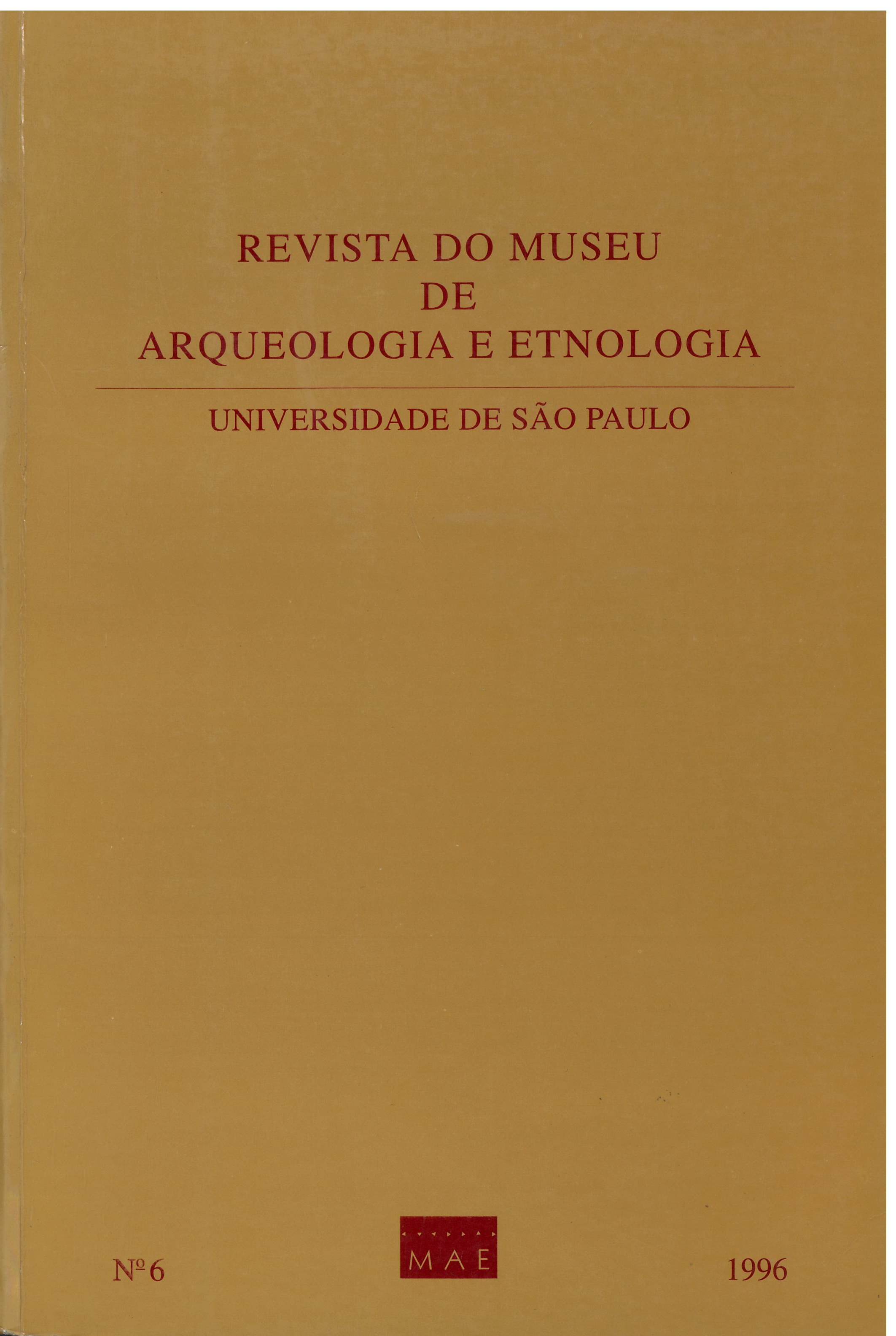Hiperosteose porosa em crânios de índios e mulatos do Sudeste brasileiro: correlação entre as lesões na calvária e na órbita.
DOI:
https://doi.org/10.11606/issn.2448-1750.revmae.1996.109259Palavras-chave:
Cribra orbitalia e lesões na calvária - índios e mulatos.Resumo
A pesquisa da hiperosteose em crânios de índios e mulatos do Sudeste brasileiro, feita pelas autoras, correlaciona as lesões na cálvaria e na órbita. O trabalho soma-se aos inúmeros estudos publicados por anatomistas, antropólogos físicos, médicos e paleopatologistas que consideram a hiperosteose porosa como marcador de estresse biológico, decorrente de anemias de origens várias. A análise macroscópica da hiperosteose na órbita e na calvária foi feita numa amostra de 409 indivíduos (141 índios e 268 mulatos), distribuídos em grupos de idade e sexo. A correlação entre as lesões nos dois grupos, distintos e distanciados do pontos de vista racial, cultural e temporal, foi feita sob perspectivas antropológicas. Considerou-se também, na produção desta patologia, a complexa interação dos fatores biossocial e ambiental.Downloads
Os dados de download ainda não estão disponíveis.
Downloads
Publicado
2024-08-02
Edição
Seção
Artigos
Licença
Copyright (c) 1996 Marüia Carvalho de Mello e Alvim, Dorath Pinto Uchôa

Este trabalho está licenciado sob uma licença Creative Commons Attribution-NonCommercial-NoDerivatives 4.0 International License.
Como Citar
ALVIM, Marília Carvalho de Mello e; UCHÔA, Dorath Pinto. Hiperosteose porosa em crânios de índios e mulatos do Sudeste brasileiro: correlação entre as lesões na calvária e na órbita. Revista do Museu de Arqueologia e Etnologia, São Paulo, Brasil, n. 6, p. 155–168, 2024. DOI: 10.11606/issn.2448-1750.revmae.1996.109259. Disponível em: https://revistas.usp.br/revmae/article/view/109259.. Acesso em: 9 jan. 2026.


















